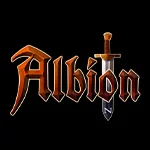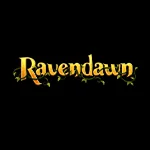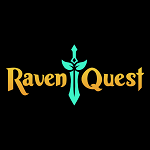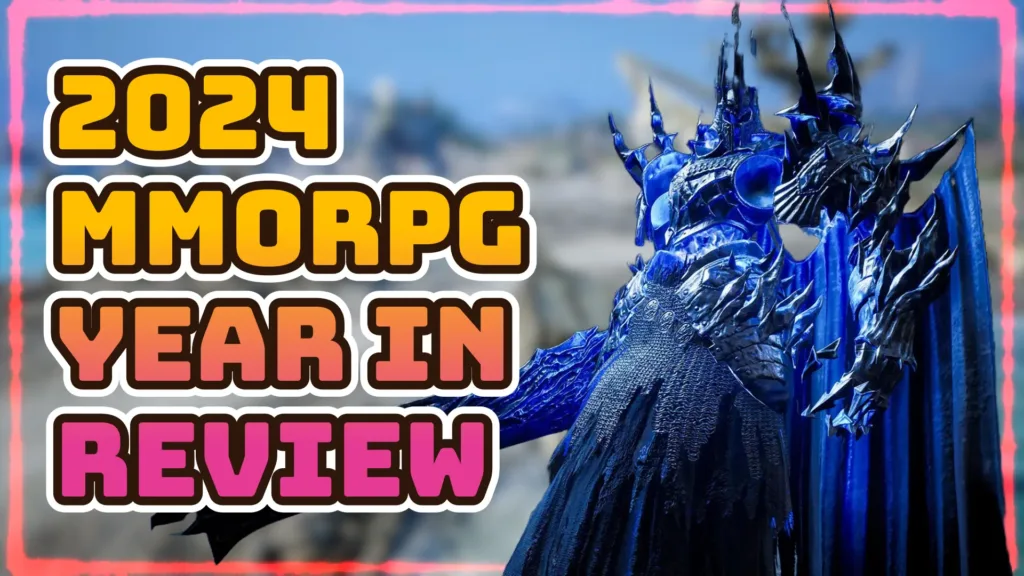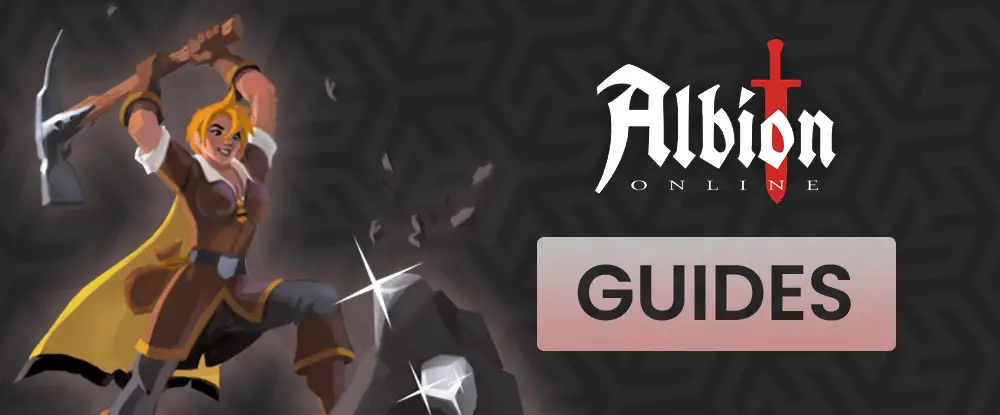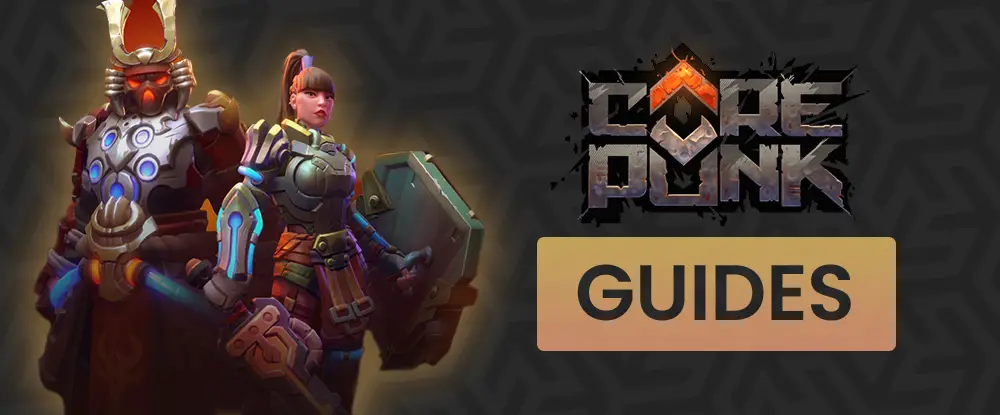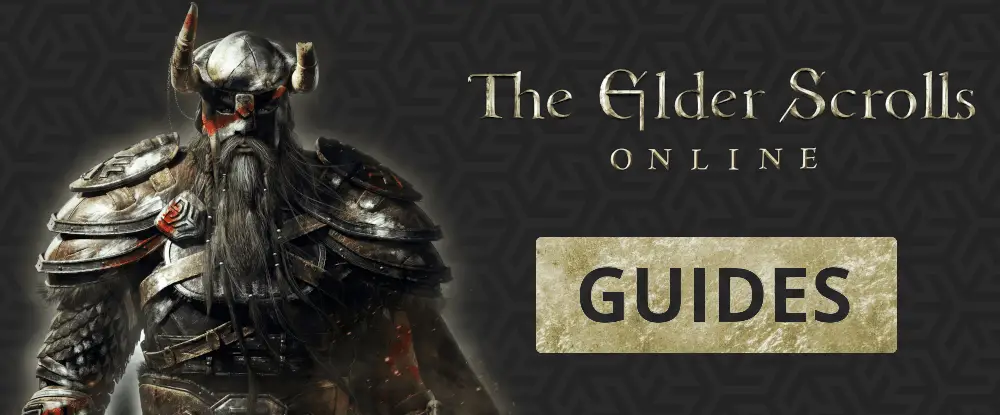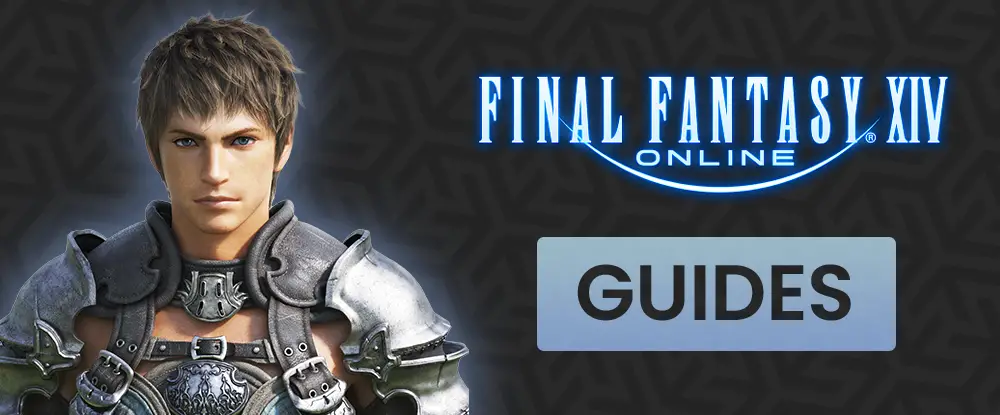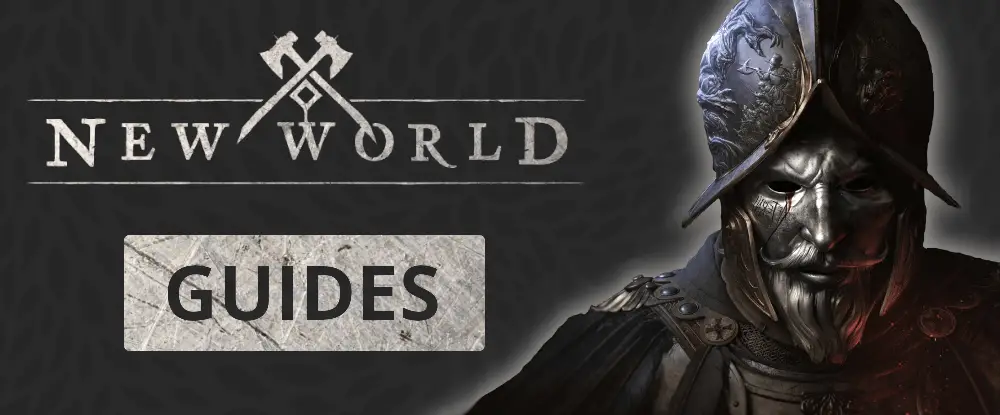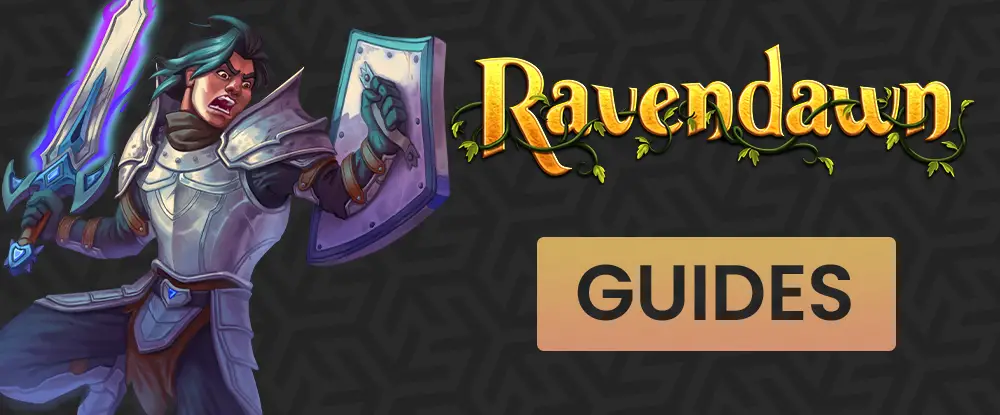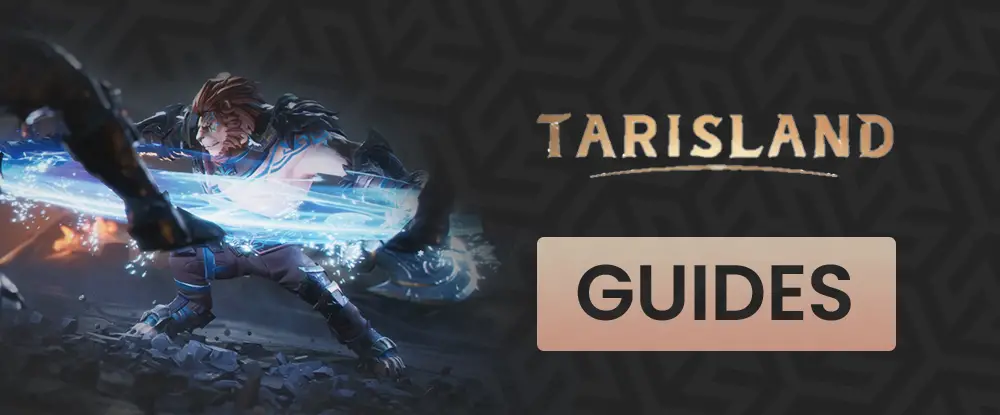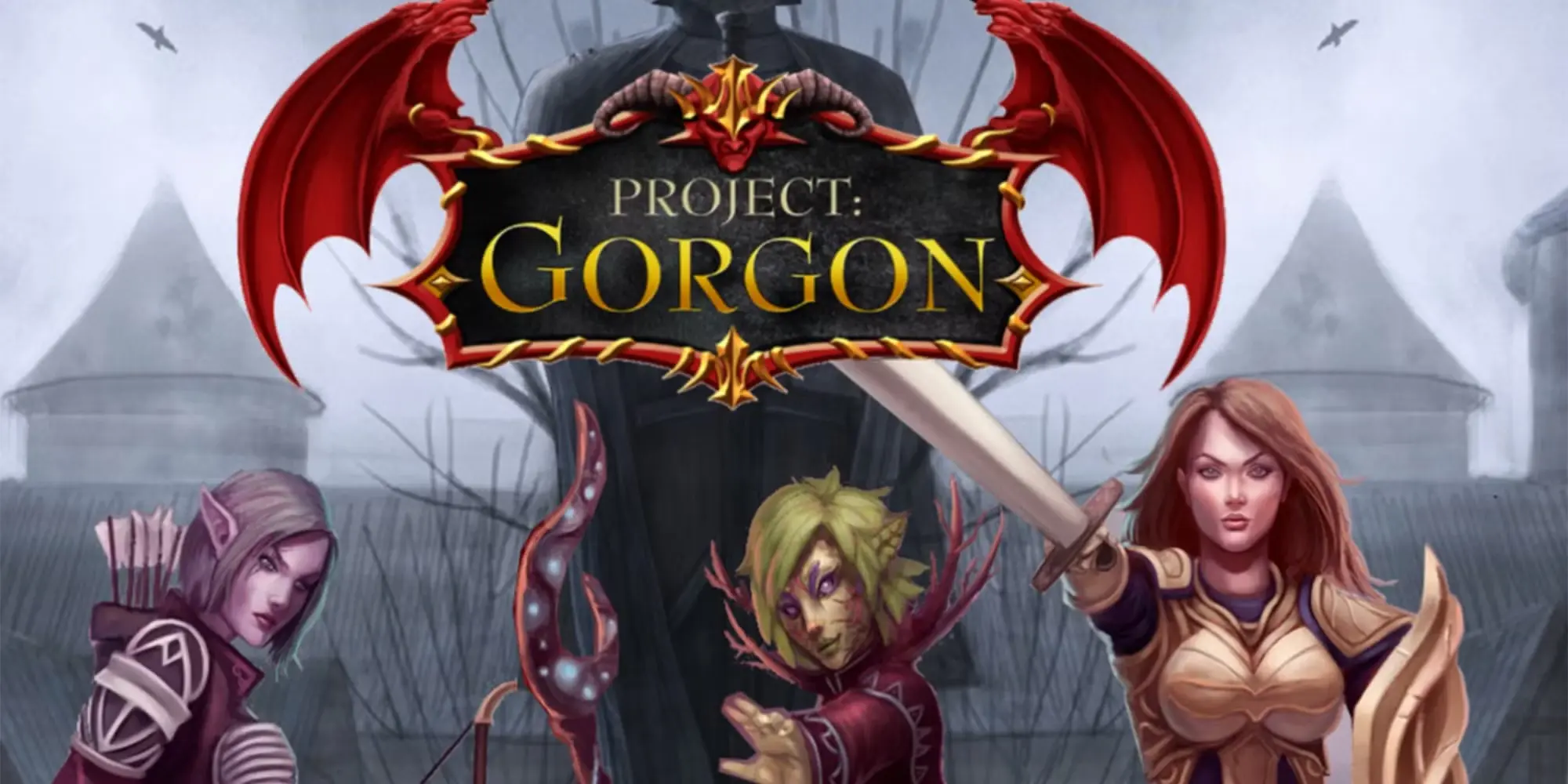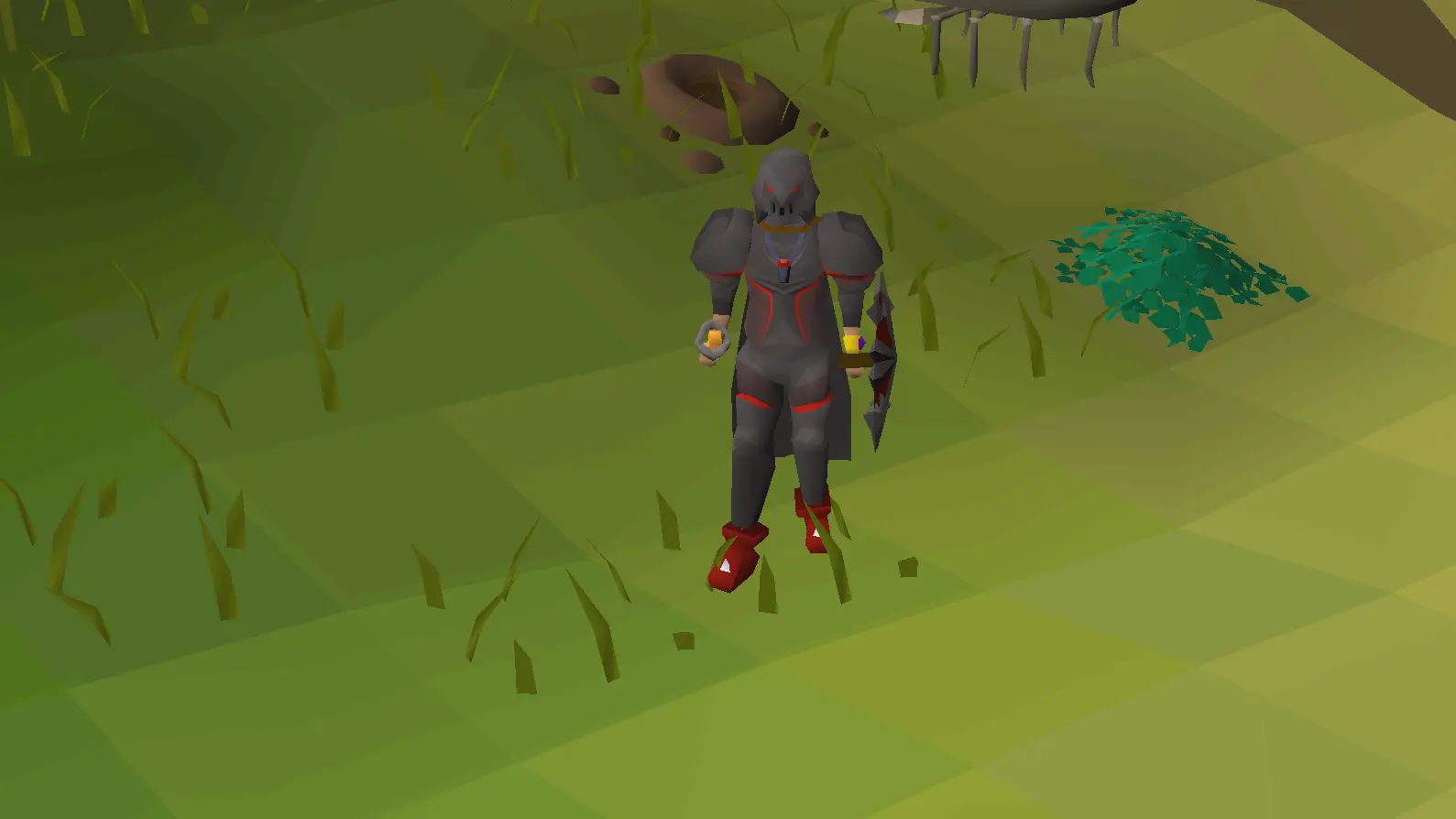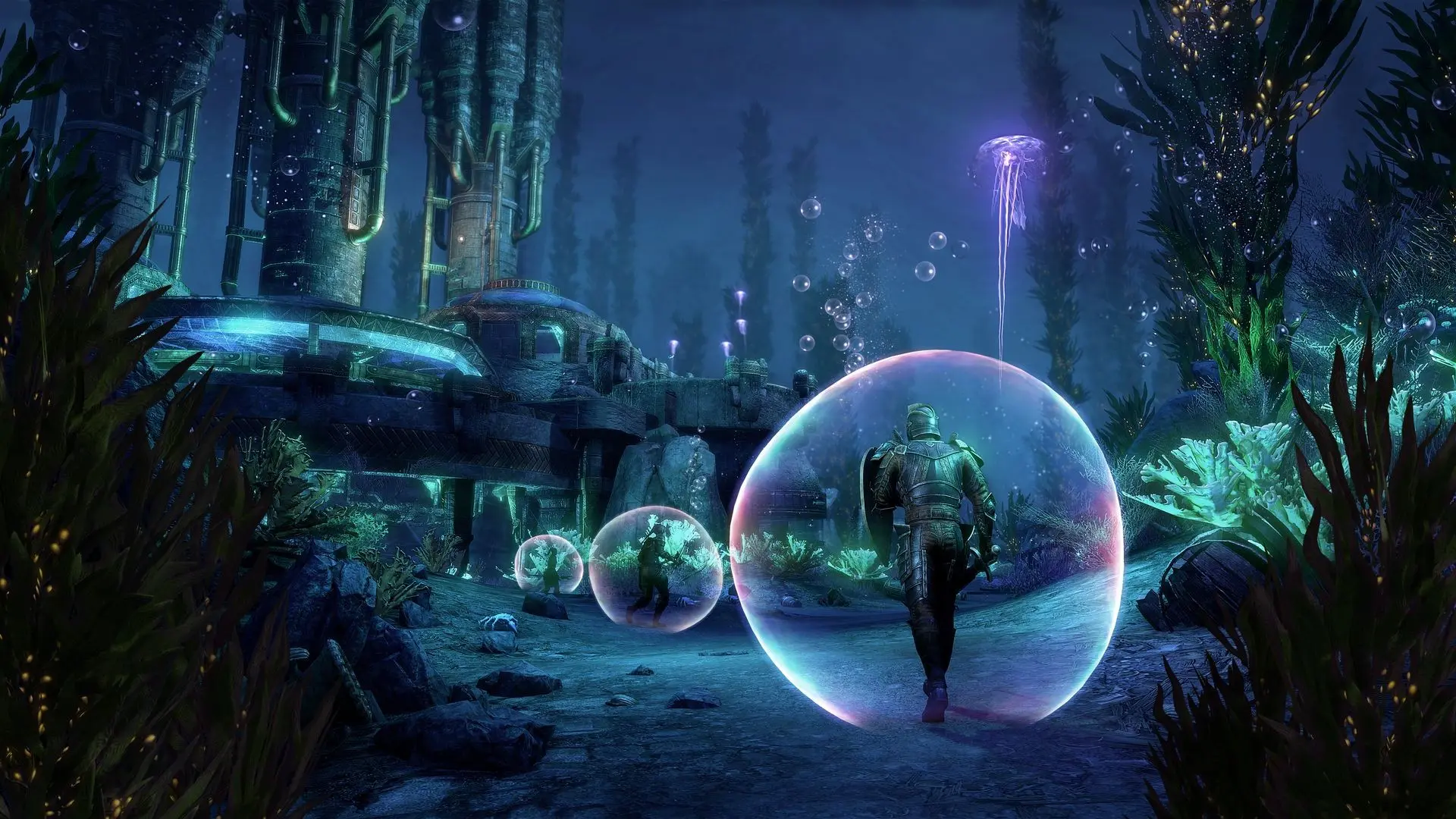2024s Best MMORPG Releases - Hits, Misses & Hidden Gems
2024 has been an unforgettable year for MMORPG fans. We’ve seen major releases, long-awaited sequels, and hidden indie gems that brought fresh ideas to the genre. But not all of them lived up to the hype.
From the stunning visuals and massive battles of Throne & Liberty to the retro charm of Key to Heaven, this year gave us a wide range of MMORPG experiences — some great, some disappointing, and some that left us wondering what could have been.
In this article, we’ll cover every major MMORPG that launched in 2024. I’ll highlight the key features of each game, share player feedback, and offer my personal thoughts based on time spent in each world. If you’re wondering which games are worth your time (and which ones to avoid), you’re in the right place.
Let’s dive in.
Ravendawn
Ravendawn is a free-to-play MMORPG that combines nostalgic pixel-art visuals with modern sandbox gameplay. It offers a player-driven economy, non-instanced housing, and open-world exploration — creating a vibrant and social experience.
Key Features:
- Endless Class Customisation: Combine skills from three archetypes to create your ideal playstyle.
- Non-Instanced Housing: Build, farm, and decorate your land right in the open world.
- Dynamic Economy: Trade and craft with other players to drive the in-game economy.
- PvE and PvP: Take on bosses, join PvPvE arenas, or participate in large-scale guild wars.
Player Reception:
Ravendawn launched in January 2024 and pulled in over 250,000 players within its first few weeks — exceeding expectations. While the player count has since settled at around 5,000 to 10,000 monthly active players, it retains a loyal core player base.
Players praise the game’s nostalgic aesthetic, deep customisation options, and player-driven systems. However, some have criticised the combat system, camera perspective, and grindy progression.
My Thoughts:
I loved the nostalgic feel of Ravendawn. The mix of farming, crafting, and open-world exploration reminded me of why I fell in love with MMORPGs in the first place. That said, it needs more staple MMORPG features like meaningful dungeons, world bosses, and better rewards to keep players engaged long-term. With ongoing updates and new content planned, Ravendawn has strong potential to grow.
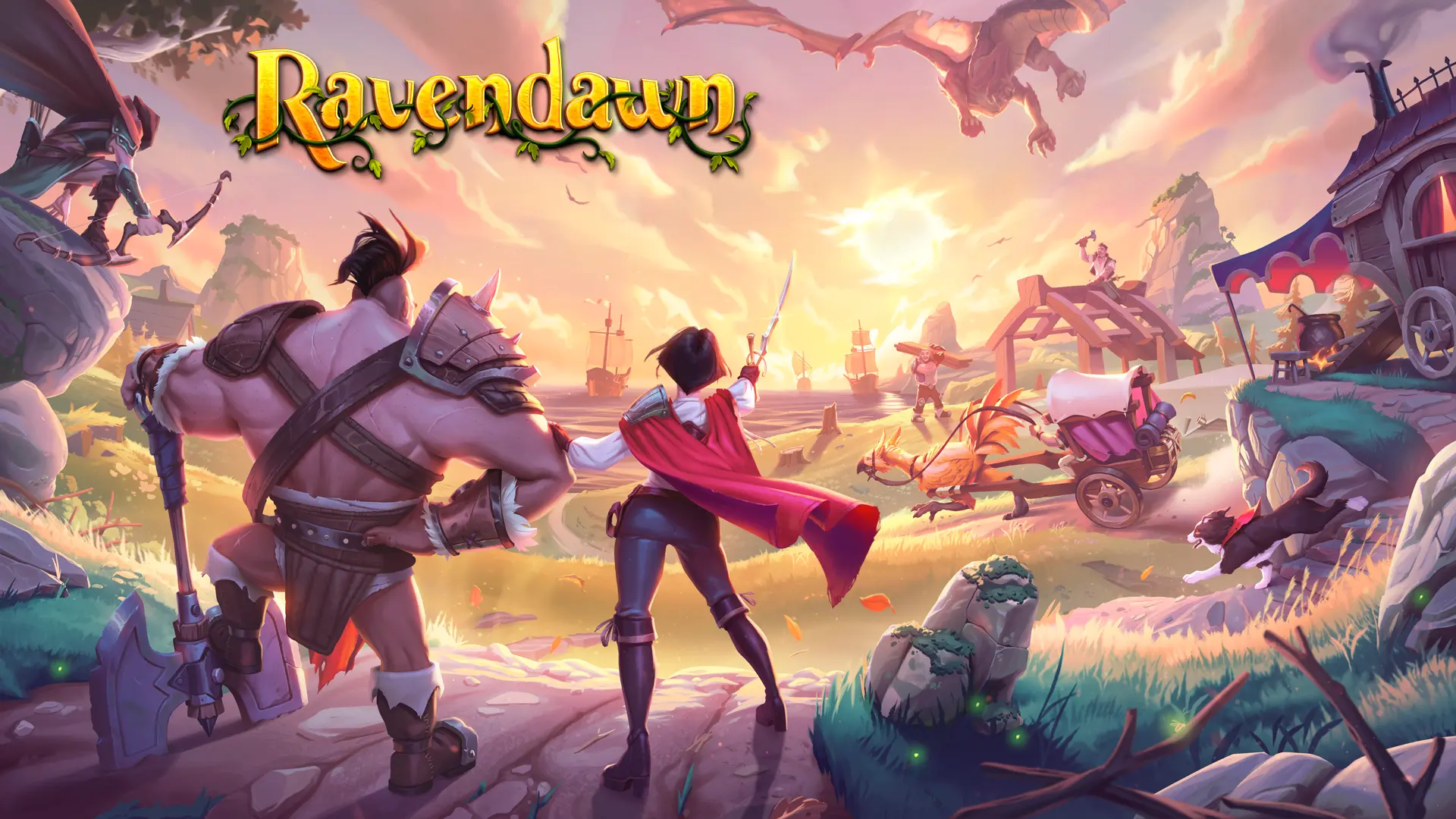
Quest Master's Realm
Quest Master’s Realm is an MMORPG that promises high adventure with real-time action combat, dynamic quests, and team-based gameplay.
Key Features:
- Dynamic Quests: Ever-changing objectives to keep gameplay fresh.
- Action-Based Combat: Reflex-driven mechanics that reward skill.
- Group-Oriented Content: Team-based dungeons and raids.
- PvP Elements: Arena battles and open-world skirmishes.
Despite its ambitions, Quest Master’s Realm struggles with an average player count of zero, making it almost impossible to experience the social aspects that define MMORPGs.
My Thoughts: It’s hard to recommend a game that feels deserted. Unless the player base significantly grows or the game undergoes a major overhaul, it’s one to pass on.
Trimurti Online
Trimurti Online is a classic-style MMORPG inspired by Indian mythology. It’s a remake of Tantra Online, featuring real-time combat and a rich cultural setting.
Key Features:
- Indian Mythology: A culturally rich world inspired by Hindu lore.
- Dynamic Combat: Real-time mechanics that reward player skill.
- No Pay-to-Win: Completely free-to-play with no in-game store.
- Collection System: Unlock cosmetics and titles across your account.
Player Reception:
Trimurti Online entered Early Access in February 2024 but struggled to build a player base, with fewer than 100 monthly players today. While the unique setting and fair monetisation were praised, the game’s slow progression, technical issues, and steep difficulty curve frustrated many players.
My Thoughts:
The Indian mythology theme was refreshing, but the slow combat and repetitive gameplay dragged the experience down. The grind-heavy progression made it hard to stay motivated. Unless major improvements are made, Trimurti Online feels like an unfinished product.
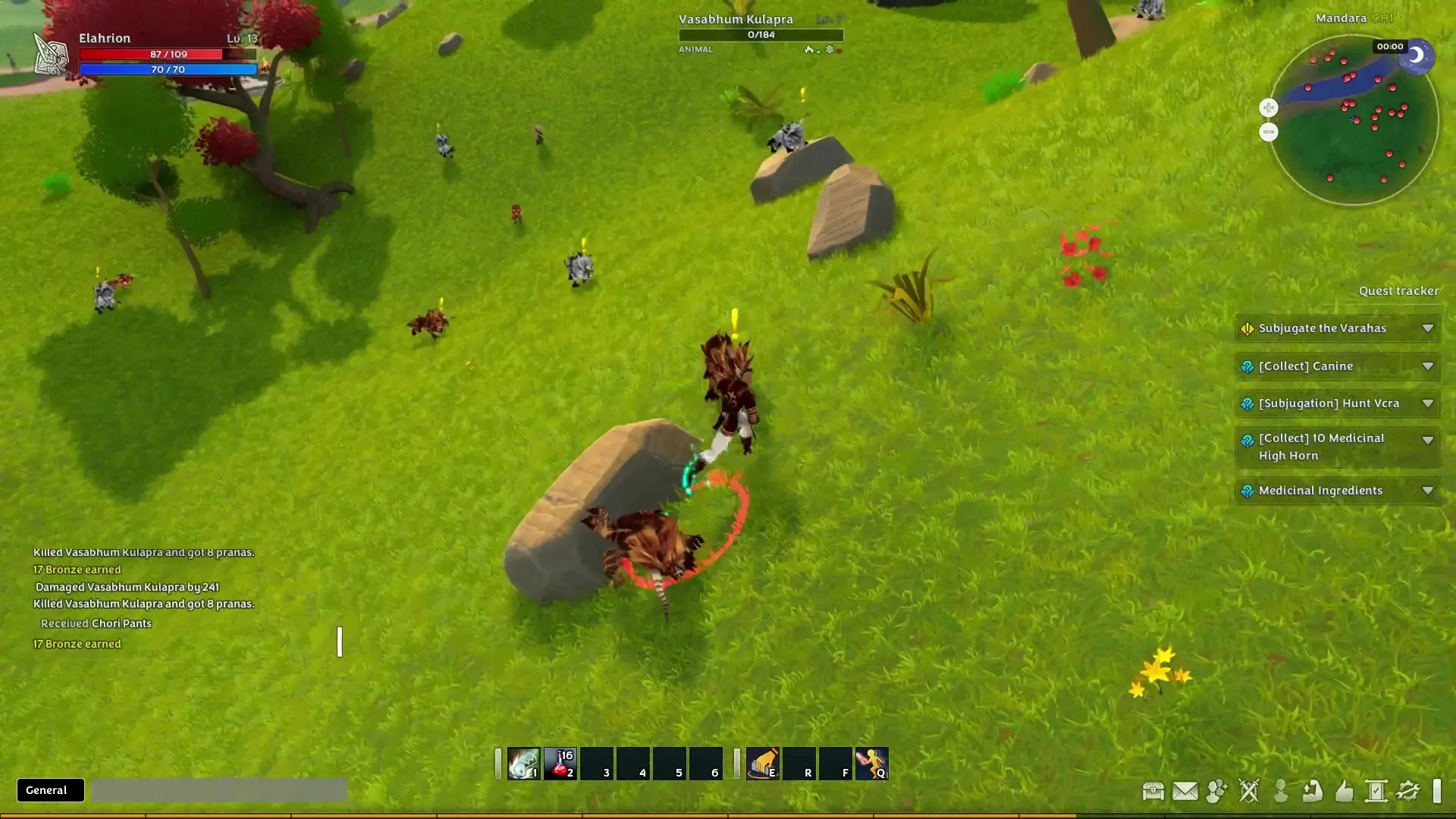
Reign of Guilds
Reign of Guilds is a medieval fantasy MMORPG focused on guild warfare and politics. Players can form alliances, conquer territories, and shape the in-game economy.
Key Features:
- Guild Wars: Large-scale PvP battles for territory control.
- Classless Progression: Build your character freely without predefined roles.
- Player-Driven Economy: Control vital resources to influence the game world.
Player Reception:
With around 400–700 monthly players, Reign of Guilds has struggled to maintain momentum. Its deep guild-based mechanics appeal to hardcore PvP fans, but performance issues, clunky combat, and a steep grind have limited its broader appeal.
My Thoughts:
I’m not a huge fan of heavy PvP games, but I can see why Reign of Guilds attracts a niche audience. The decision to offer a free trial was smart, but the game needs better balancing and smoother mechanics to appeal to a wider audience.
Pax Dei
Pax Dei is a buy-to-play sandbox MMORPG that puts medieval life at the heart of its design. With a focus on realism, player-driven mechanics, and social play, the game offers an immersive world where every choice matters — whether you’re forging alliances, building a village, or crafting to survive.
Key Features:
- Player-Centric Economy: Trade and craft to shape your destiny.
- Immersive Sandbox: Create your own path in a detailed medieval world.
- Social Play: Build thriving communities and form alliances.
- Dynamic Events: Experience world-altering occurrences.
Pax Dei had a strong launch, drawing tens of thousands of players and support from big MMORPG creators. Unlike many early access games, it has maintained solid player numbers, with 1,000–3,000 concurrent players and an estimated monthly active user base of 150,000.
My Thoughts: Pax Dei isn’t a game you should play solo—it’s a hefty grind, and the community-focused gameplay makes collaboration essential. The developers are active and responsive, with regular updates and new content on the way, so the future looks promising. Once it leaves early access, the game will introduce a monthly subscription fee, which might appeal to those seeking a more polished, premium experience. While it’s not my usual style of game, I’ll be keeping an eye on its progress leading up to its full release.
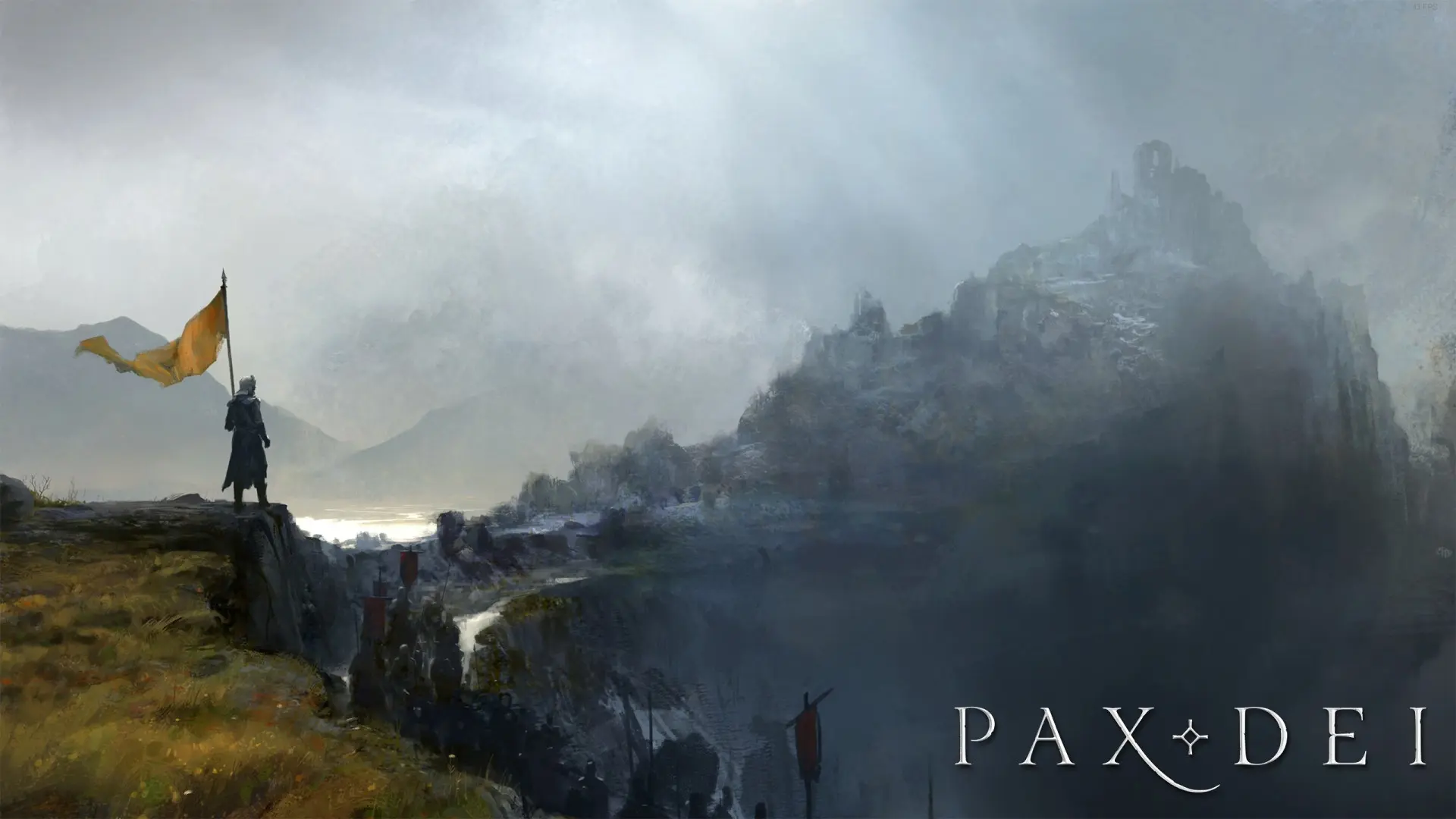
Abyss Online
Abyss Online is a buy-to-play, PvP-focused MMORPG that launched into early access in 2024.
Key Features:
- Full-Loot PvP: Engage in high-stakes battles with safe zones for beginners.
- Skill-Based Progression: Forget classes — master abilities and build your own playstyle.
- Guild Wars and Territory Conquests: Fight for dominance in large-scale PvP.
- Extensive Crafting: Over 50 crafting and gathering skills for resource management.
Abyss Online was one of the most disappointing releases of 2024. It attracted very few players at launch, with nearly zero activity in its current state.
My Thoughts: This is one of the worst MMORPGs I’ve ever played. The game feels more like a collection of AI-generated assets than a cohesive game. I’d recommend staying far away from this one.
Tarisland
Tarisland launched with huge hype thanks to a massive marketing budget and over 3 million pre-registrations. It’s a free-to-play cross-platform MMORPG with accessible progression and challenging dungeons.
Key Features:
- Class Diversity – Nine classes with dual specialisations.
- Team-Based PvE – Complex dungeons and raids.
- Cross-Platform Play – Seamless integration between PC and mobile.
- Seasonal Content Updates – Regular new events and challenges.
Player Reception:
With over 3 million pre-registrations and a massive marketing push, Tarisland saw huge initial player numbers. However, engagement quickly dropped, with current estimates suggesting around 10,000 active players across all platforms.
Players have praised the engaging PvE content and class diversity, but criticized the grindy progression, repetitive content, and subtle pay-to-win elements.
My Thoughts:
Tarisland works well as a mobile MMO, but the PC version feels underwhelming. Its lack of meaningful endgame content makes it hard to justify long-term play.
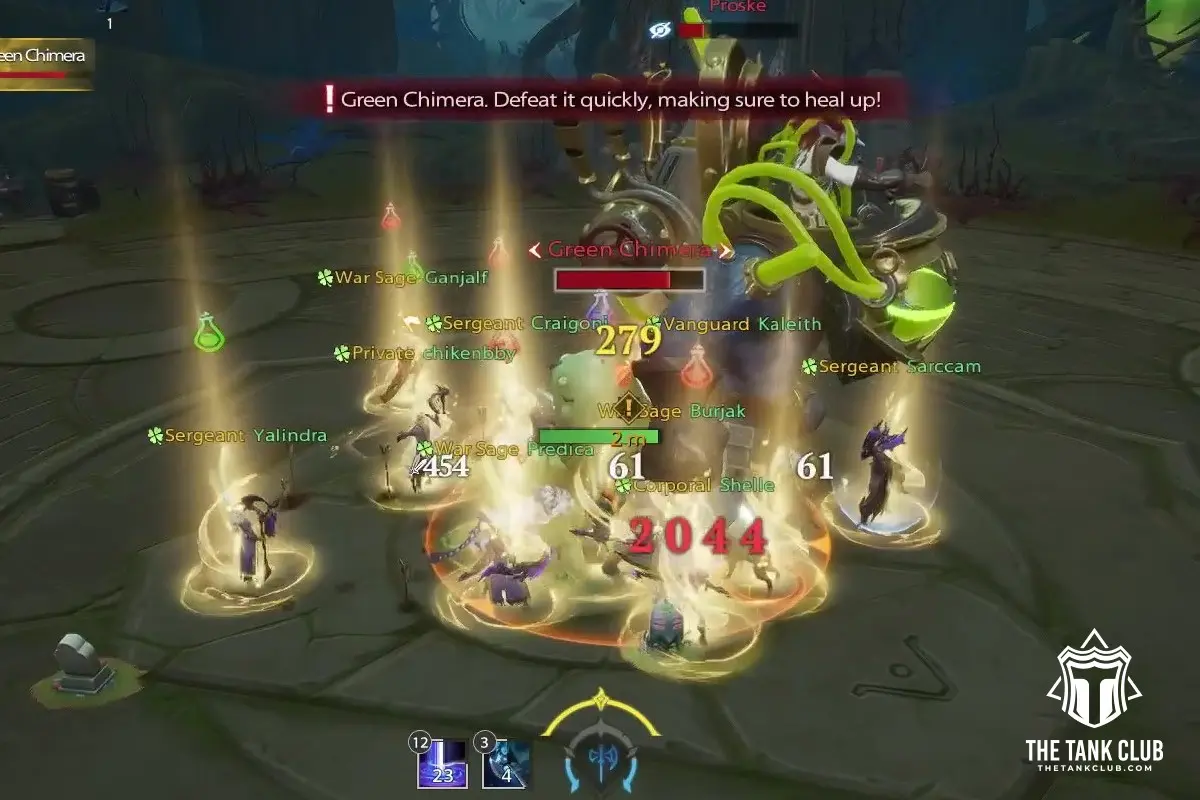
Brighter Shores
Brighter Shores is a free-to-play MMORPG developed by Andrew Gower, the creator of RuneScape. It combines nostalgic point-and-click gameplay with an evolving, episodic story set in the magical world of Adothria. The game’s focus on professions, puzzles, and mysteries offers a more relaxed, exploration-driven MMORPG experience.
Key Features:
- Episodic Updates – Regular new quests, professions, and content keep the game fresh.
- Classic Gameplay – Combines nostalgic point-and-click controls with modern features.
- Diverse Professions – Choose from roles like guard, chef, forager, or combatant.
- Fair Play Model – No pay-to-win mechanics; monetisation is based on a premium pass.
Player Reception and Performance:
Brighter Shores launched to reasonable player numbers, attracting around 50,000 monthly active players at its peak. As expected with a niche MMORPG, player numbers have halved since launch, but the game maintains a stable base of a few thousand players online at any time.
Steam reviews have been “Mostly Positive,” with players praising the game’s charming visuals, engaging professions, and nostalgic gameplay style. However, criticisms focus on grind-heavy progression, basic combat, and limited content depth.
My Thoughts:
Brighter Shores succeeds at delivering a laid-back MMORPG experience. The point-and-click mechanics feel like a love letter to early RuneScape, and the episodic content updates are a smart way to keep players engaged.
However, the game’s simplistic combat and progression loop might not hold the attention of hardcore MMORPG players. It’s an ideal game for casual players or those seeking a nostalgic, stress-free MMORPG experience—but it needs more depth to thrive long-term.
Fractured Online
Fractured Online is an isometric sandbox MMORPG that emphasises freedom of choice and strategic gameplay. Its player-driven ecosystem adapts to your actions, offering unique experiences across its multi-world design—whether you’re an explorer, a crafter, or a fighter.
Key Features:
- Player-Driven World: Your choices impact the environment.
- Dynamic Ecosystem: Resources and wildlife evolve based on player actions.
- Skill-Based Combat: Strategy and tactics outweigh raw stats.
- Three Worlds: Tailored zones for PvE, PvP, and crafting-focused players.
The full release in July sparked a resurgence, attracting loyal players to a fresh start. While numbers remain inconsistent, there are an estimated 2,500 monthly active users.
My Thoughts: I didn’t expect to enjoy Fractured Online as much as I did, but I was hooked from the start. The knowledge progression system, where you learn from hunting enemies, was addictive and rewarding. The game has potential, but its low player base limits its growth.
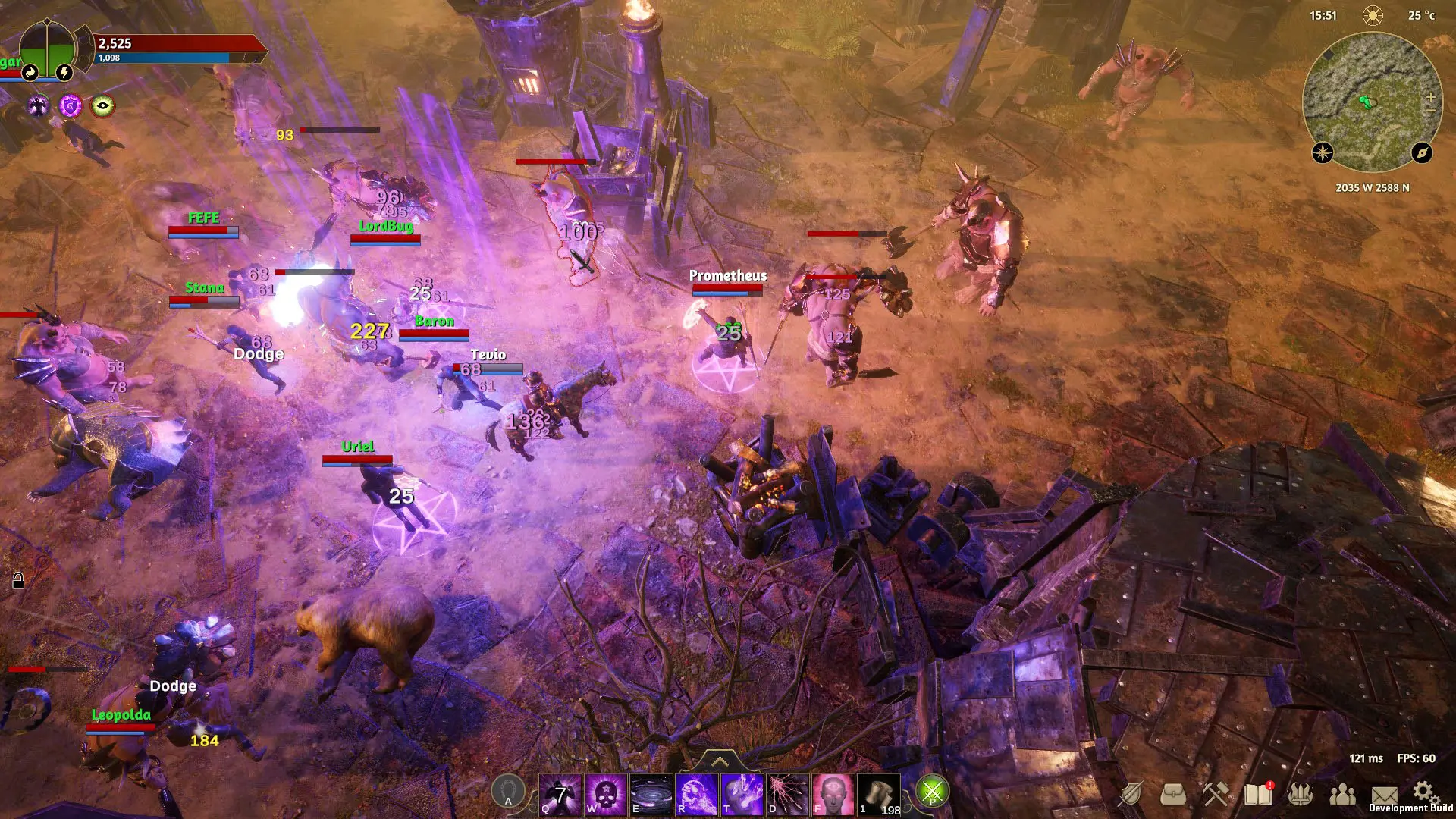
Throne & Liberty
Throne & Liberty is a next-generation MMORPG developed by NCSOFT and published by Amazon Games. It promised a seamless, immersive open-world experience with dynamic weather, large-scale PvP, and cinematic storytelling. It’s a visually breathtaking game that leverages cross-platform play, allowing players on PC, Xbox, and PlayStation to experience the world together.
Key Features:
- Seamless Exploration – Vast open areas with no loading screens, offering uninterrupted immersion.
- Dynamic Weather – Changing climates directly impact combat, strategy, and world events.
- Epic PvP Battles – Large-scale sieges and guild wars with mechanics that encourage teamwork and strategy.
- Cinematic Storytelling – A deeply engaging narrative with fully voiced characters and cutscenes.
- Cross-Platform Play – Fully integrated gameplay across PC, Xbox, and PlayStation.
Player Reception and Performance:
Throne & Liberty was one of the most anticipated MMORPG launches of the year, and it initially delivered in terms of player turnout. Amazon Games reported over 3 million players across all platforms during its launch week. While player activity has declined since then, the game still maintains a monthly active player base of around 2–5 million, which is impressive for a new MMORPG.
The game’s reception has been mixed. Players have praised its stunning world design, large-scale PvP battles, and cinematic approach to storytelling. However, there’s been significant criticism around the game’s monetisation model and the lack of meaningful PvE content.
My Thoughts:
It’s hard to put my finger on Throne & Liberty. On one hand, the game is visually stunning and offers some of the most immersive storytelling I’ve experienced in an MMORPG. The open-world design, adaptive weather system, and large-scale battles create a truly cinematic experience.
On the other hand, the monetisation model and limited depth of PvE content hold the game back. The weapon system, which allows you to mix and match weapons for different builds, is intriguing—but reports of endgame balance issues make investing in long-term progression feel risky.
For casual players or those interested in PvP, Throne & Liberty is worth trying—especially since it’s free. But unless NCSOFT addresses the monetisation issues and expands the PvE content, it’s unlikely to retain long-term players.
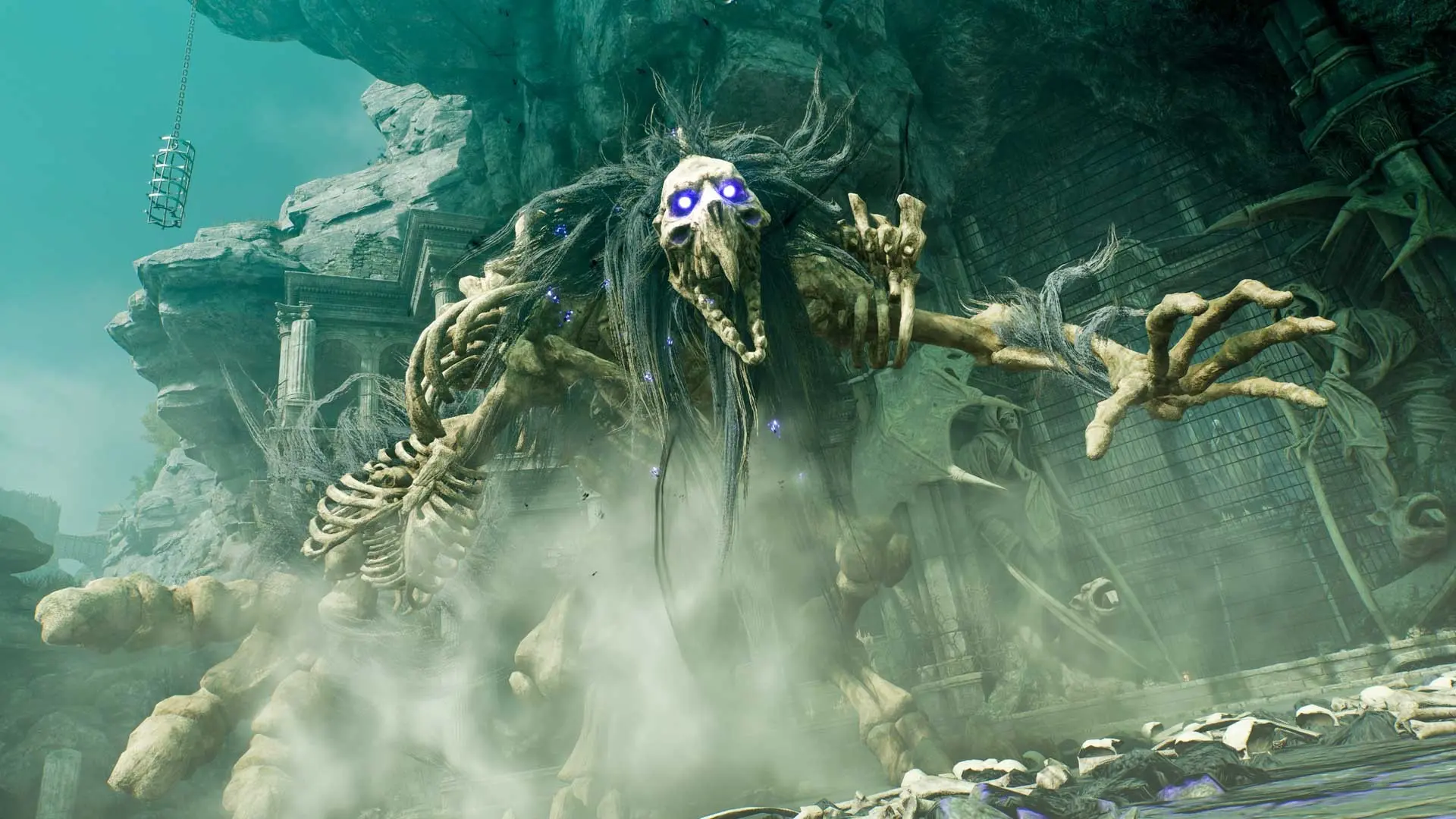
Corepunk
Corepunk blends a gritty cyberpunk aesthetic with traditional MMORPG mechanics, delivering a top-down experience set in a fog-covered open world. The game combines exploration, strategic combat, and crafting with a strong focus on both PvE and PvP.
Key Features:
- Cyberpunk Meets Fantasy – A visually unique world combining futuristic and classic themes.
- Fog of War System – Exploration is tense and strategic.
- PvE and PvP Focus – Balanced mix of cooperative and competitive content.
- Deep Crafting System – Personalize gear and equipment to suit your playstyle.
Player Reception and Performance:
Corepunk launched with solid hype, peaking at around 2,000 daily active players. However, the player base has since stabilized, and the game retains a steady community.
Players have praised the fog-of-war system and the game’s mix of MOBA-style elements with traditional MMORPG mechanics. However, criticisms focus on early-game engagement, survival mechanics, and RNG-based quest progression.
My Thoughts:
Corepunk’s fog-of-war system makes exploration genuinely exciting, and the gritty atmosphere helps it stand out from other MMOs. However, the lack of clear guidance and the heavy reliance on RNG progression make it frustrating at times.
The developer roadmap looks promising, and with more content and balance improvements, Corepunk could grow into a standout MMORPG. It’s worth keeping an eye on, but casual players might find the current build too punishing.
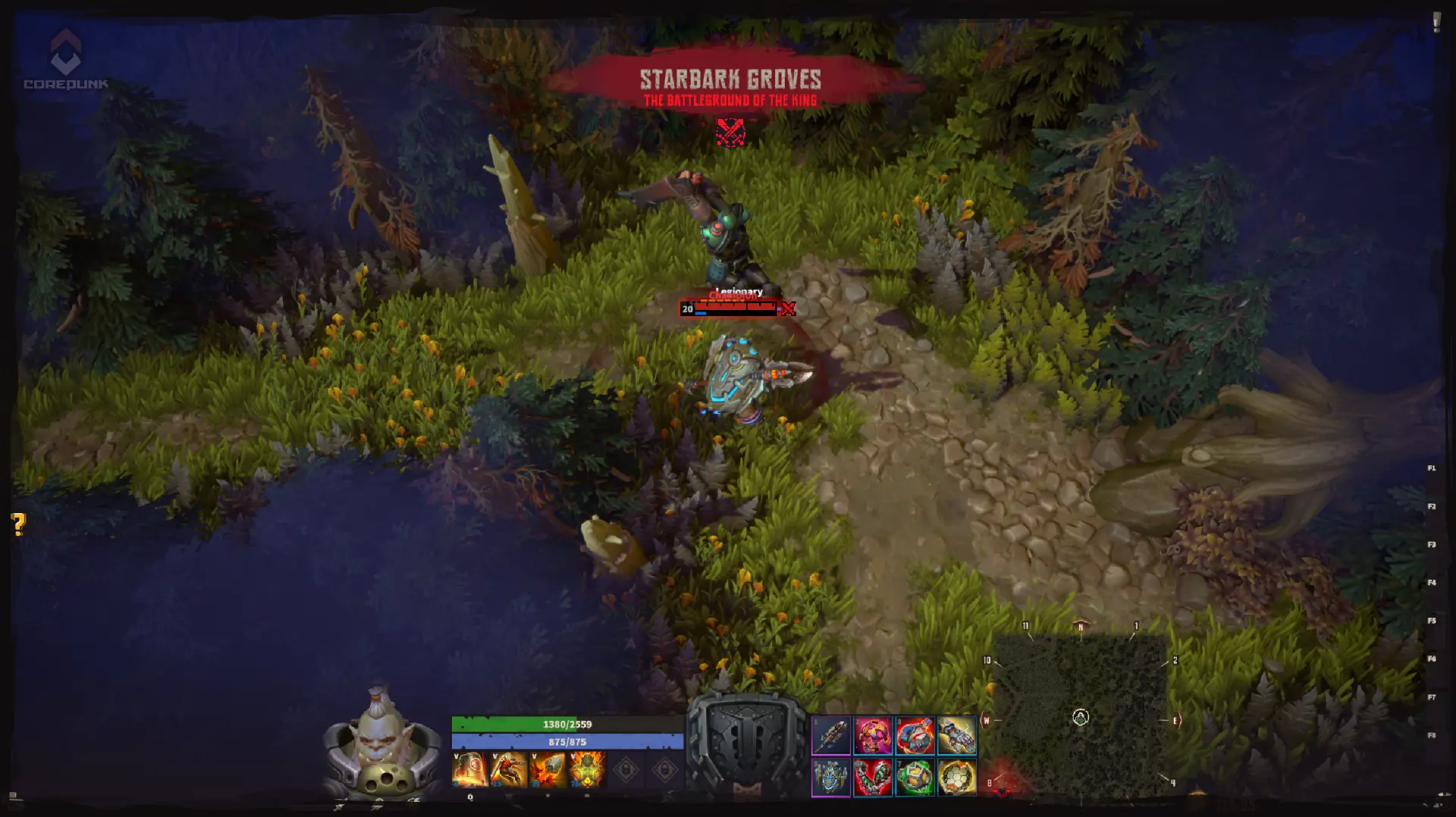
Spire Horizon Online
Key to Heaven is a 2D retro-style MMORPG that invites players to explore mysterious islands, battle monsters, and uncover hidden treasures. Developed by a small but passionate team, the game combines classic MMO exploration with modern multiplayer features.
Key Features:
- Crafting and Gathering – Mine, fish, farm, and cook to gather resources and improve gear.
- Sailing Adventures – Build rafts to explore scattered islands.
- Multiplayer Interaction – Join guilds, form parties, and switch between PvE and PvP servers.
- Unique Items and Upgrades – Rare items provide unique stat boosts and progression advantages.
Player Reception and Performance:
Since leaving early access in November, Key to Heaven has maintained a niche but loyal community of around 200 monthly active players. Steam reviews have been “Mostly Positive,” with players praising the nostalgic 2D visuals and the charm of its retro-inspired design.
Criticism centers on the limited content and minor technical issues. The small player base also makes group-based content harder to engage with.
My Thoughts:
Key to Heaven feels like a passion project rather than a mainstream MMORPG. The ability to create your own server and customize the game’s settings is a standout feature, but the lack of player activity makes the game feel empty at times.
For fans of old-school MMORPGs like Tibia or The Realm Online, it’s a charming throwback.
Pantheon: Rise of the Fallen
Pantheon: Rise of the Fallen is a group-focused MMORPG designed to appeal to hardcore fans of classic MMOs like EverQuest and Ultima Online. Developed by Visionary Realms, the game places a strong emphasis on cooperative gameplay, strategic progression, and exploration. It aims to capture the social, community-driven feel of early MMORPGs, where player cooperation is essential for success.
Key Features:
- Group-Oriented Gameplay – Designed around teamwork and cooperative play.
- Climbing System – Scale cliffs and hidden paths to uncover secret areas and vantage points.
- Challenging Content – High-difficulty encounters that require strategy and group coordination.
- Perception System – Engage with the world through context-sensitive discoveries.
- Dynamic World Events – Events and quests change based on player decisions.
Player Reception and Performance:
Pantheon launched into early access with good player numbers, peaking at around 55,000 to 120,000 players in its first week. The player base has since stabilized at a lower level, with a strong dedicated community.
Steam reviews have been “Mostly Positive,” with players praising the game’s social, group-based gameplay and its nostalgic return to classic MMORPG mechanics. However, criticism has focused on the game’s incomplete state, technical issues, and lack of meaningful content.
My Thoughts:
I’ve wanted to love Pantheon for years, and the idea of a heavily group-focused MMORPG is exactly what appeals to me.
Pantheon’s early access state feels closer to an alpha build than a finished game. Core features like dungeons, progression systems, and quest variety are either incomplete or missing entirely. The game’s climbing and perception systems show promise but are underdeveloped.
That said, Pantheon has potential. If Visionary Realms can refine the content, improve performance, and expand the gameplay loop, the game could grow into a standout niche MMORPG. But in its current state, it feels like it was rushed into early access.
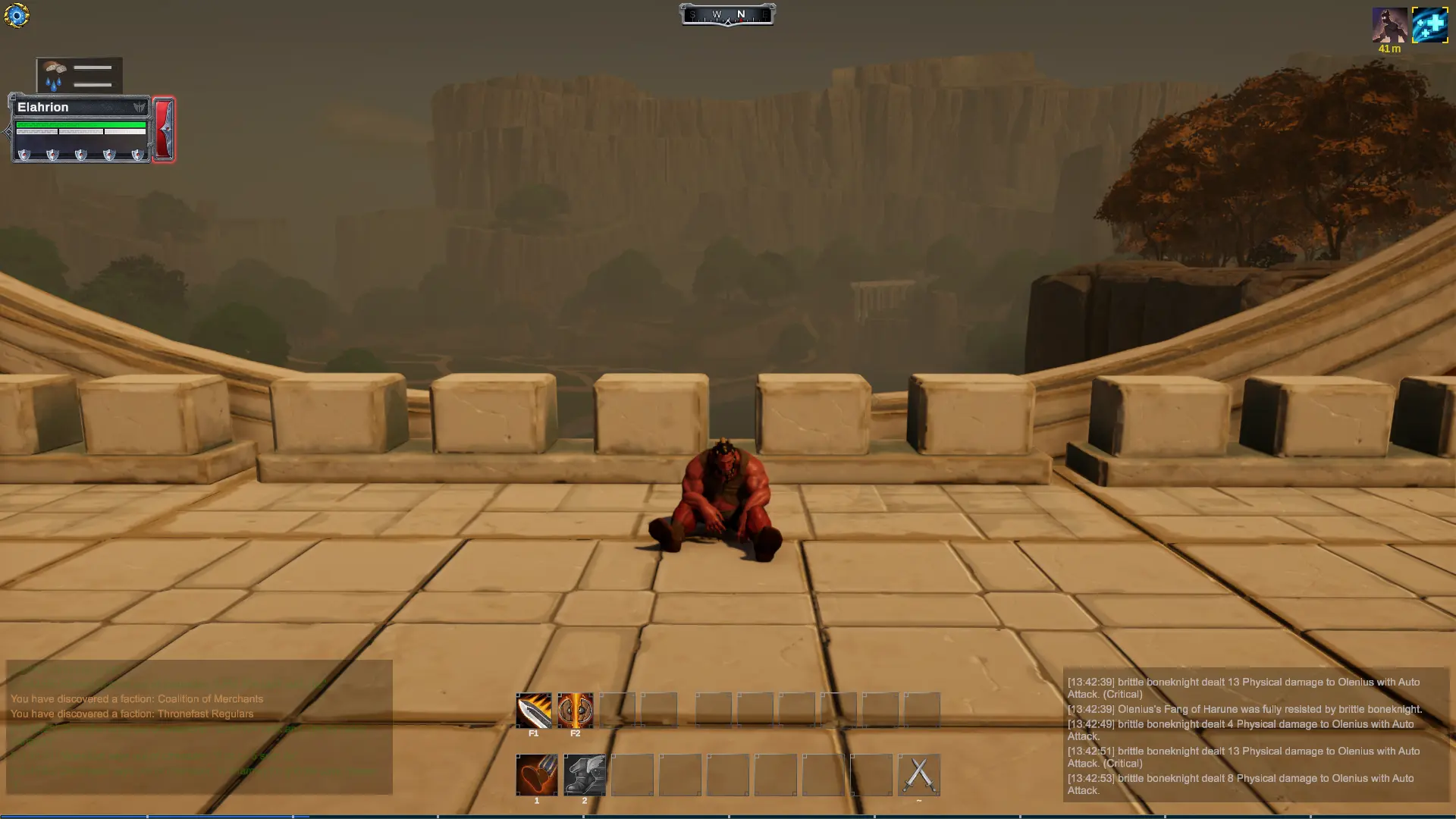
2024 MMORPGs Conclusion
2024 was a big year for MMORPGs—some games exceeded expectations, while others flopped hard. Ravendawn and Throne & Liberty showed the potential for long-term success, while games like Trimurti Online and Abyss Online have more work to do.
Looking ahead to 2025, several highly anticipated MMORPGs are on the horizon, including Ashes of Creation, Chrono Odyssey, and Soulframe. If 2025 follows the same trajectory as this year, it’s shaping up to be another exciting chapter for the genre.
What were your favourite MMORPGs of 2024, and what are you most excited to play in 2025? Let me know in the comments below!


